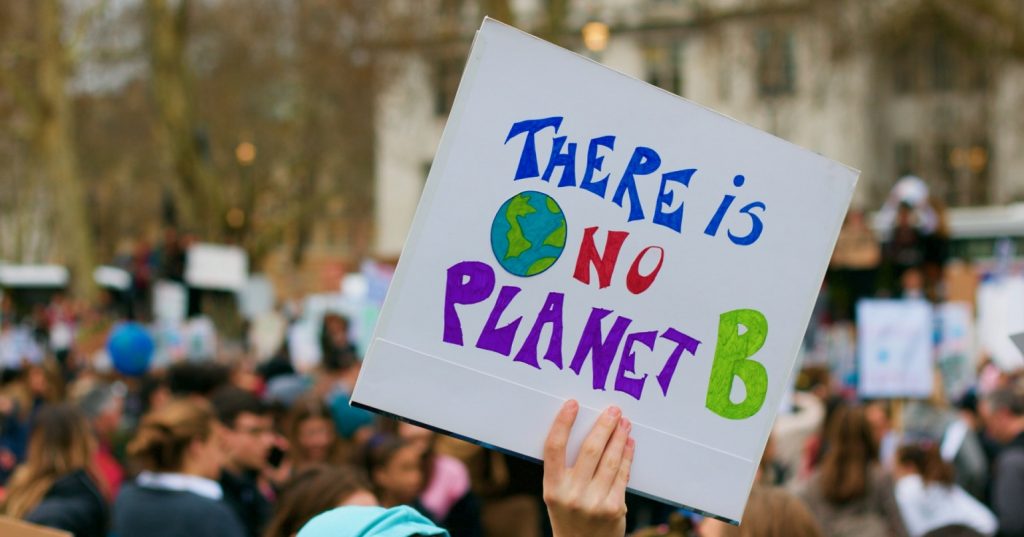What does the politics of survival look like in 2023?

There is an Oxfam shop in Darlington with a good selection of books upstairs, which I visited a couple of weeks ago. I came away with some excellent titles including ‘Victorian and Edwardian Ghost Stories’ and Morris Kline’s ‘Mathematics in Western Culture’. I also came across a copy of Patrick Rivers’ ‘The Survivalists’, which brought back rich memories.
Way back in 1980, I listened to Patrick Rivers at my first political meeting, I think I was 14 or 15 at the time and it launched me on to decades of involvement in green politics. Rivers was a back to the land, ex-civil servant, who feared that economic growth would inevitably threaten humanity. He was speaking at an event organised by North Wiltshire Ecology Party, in the school room of Corsham Almshouses. The Ecology Party went on to become the Green Party, the Almshouse school room was next door to where I lived at the time with my parents.
Ecological politics was born of a basic concern that our economy was on a trajectory that would kill us. The Ecology Party was inspired by a document, originally a special issue of the Ecologist magazine, entitled ‘Blueprint for Survival’. Published in 1972, it was, in turn, based on ‘Limits to Growth’, a report based on computer projections from the Massachusetts Institute of Technology.
Blueprint’s authors suggested that without serious and radical action “the breakdown of society and the irreversible disruption of the life-support systems on this planet” would occur. Infinite growth on a finite planet is a bit of a crude slogan but this was the message.
Much of the ‘Blueprint’ after 50 years reads as plain wrong. Resource shortages have not yet let to catastrophe, much of the politics is crude, a vision of a stationary, apparently largely rural Britain, a conservative vision in many ways. It misses so many issues of power, justice, politics and method.
However the central message that economic growth rather than being an essential means to prosperity provide a potential threat, still holds.
For much of my life, the ecological disaster was in the future. Of course we have always had environmental problems, the Romans, for example, suffered from lead poisoning, and many such threats have been delt with rather than getting worse. Indeed while we need to go far further in tackling air pollution in London, the killer smogs of the 1950s are a distant memory.
However the ecological crisis is here, is likely to get worse and threatens both humanity and the rest of nature. The El Nino effect is raising temperatures, the weather is always subject to variation, however CO2 is ever rising, and climate catastrophe is not something that might happen in future decades. The climate catastrophe is now, temperature records are being broken, forest fires are every more common. The hot 20s are likely to be followed by the hungry 30s as climate change further disrupts farming. Climate change is being rapidly replaced with the more precise term ‘global boiling’.
The question I would like to pose is what would the politics of survival look like? Green Parties are born out of a response to ecological threat, so what practically does this mean? I don’t think it means ditching social policies, both because compassion is a green value and because social factors influence environmental matters. Nor am I suggesting doomsday prepping survivalists hunkering down in their bunkers.
What it does mean is reflecting more deeply and doing so very swiftly on how green parties can be more strategic. The model at present is to contest elections, challenge other political parties on their poor records and to elect candidates. However while this seems like an obvious model, much deeper consideration of strategies, tactics, of how to create essential change quickly is needed. Waiting for a Green government in a distant future isn’t enough. Greens need to focus on the question of survival in a warming world and to put strategic debates about the necessary social change required at the centre of what they do. It is a question, rather more directly in 2023 than in 1973, of survival, the death toil is already rising from climate change. We must do everything we can and to do what is right requires more profound reflection than we normally come across in everyday politics.
Derek Wall is a former Green Party Principal Speaker and teaches political economy at Goldsmiths, University of London. His latest book Climate Strike: The Practical Politics of the Climate Crisis is published by Merlin Press.
PS. We hope you enjoyed this article. Bright Green has got big plans for the future to publish many more articles like this. You can help make that happen. Please donate to Bright Green now.



The early ecologists were right : there’s little long term hope for humanity whilst people are profligate with the Earth’s resources. But a policy of “sufficiency to our need” is never going to be a vote winner.
We can only do what we can do though : reduce our carbon footprint as much as possible, and hope that our behaviour rubs off on others.
Great article from Derek! Electoralism is a dead end. As Greens we should sink more roots into our local communities and the trade union and Labour movement. As a by product of our activities social movements will grow and then we will continue to gain councillors and the odd MP ( my hunch is Suffolk ).
Our electoralist focus at the moment is leading to a highly centralised , liberal organisation that has got a chocolate teapots chance of radical change.
My interpretation of Caroline Lucas’ resignation is that she has realised that.